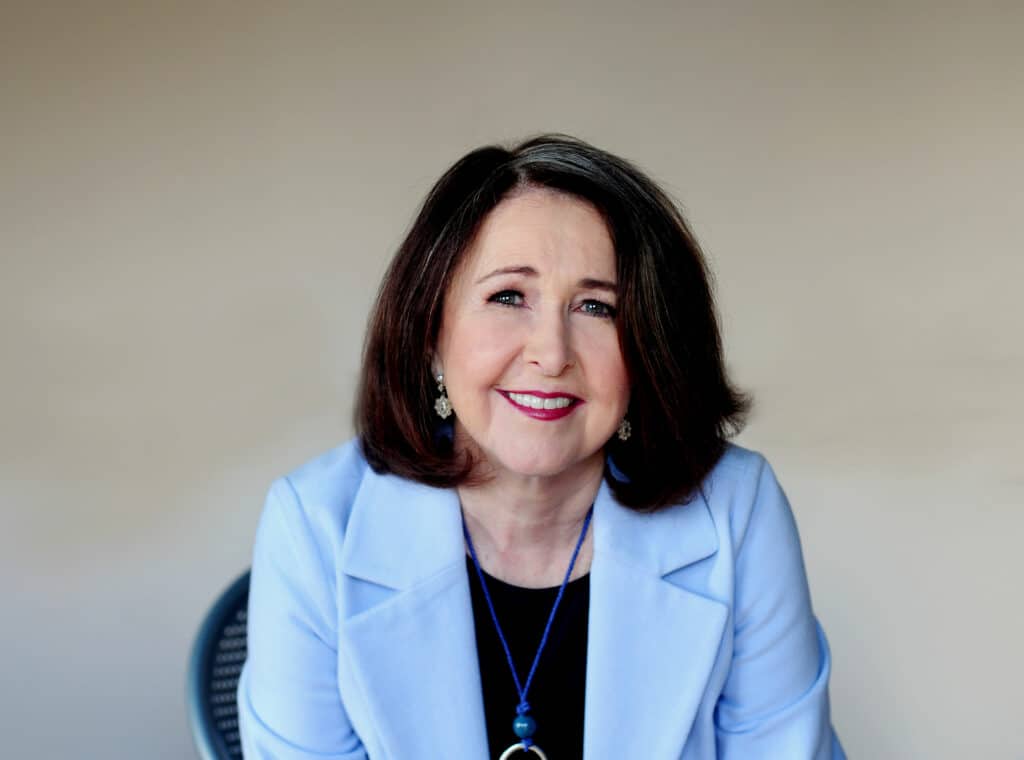
Inspired by a family history of Alzheimer’s disease, Lea Brovedani joined the ABC study in 2019. A mother of 2, Brovedani dedicated her time to the study with the future of her family and others in mind.
And not even the COVID-19 pandemic would keep her from living up to that dedication.
“I don’t think that research should stop because of this,” said Brovedani, who had a PET scan in July. “So many things have completely halted because of the pandemic, and I am certainly supportive of taking as many precautions as possible. But I still believe that in order for us to find answers for anything — including the pandemic, including Alzheimer’s, including different forms of cancer — that research needs to continue. I trust that Penn has my best interest at heart as well and will do everything to keep me safe.”
Brovedani knows a thing about trust, leading talks on the topic at conferences and before crowds.

When she’s not behind a podium, she pursues adrenaline-fueled activities like skydiving, scuba diving, bungee jumping, and whitewater rafting. The PET scan experience was “a bit of a treat,” she said, even if it didn’t get the heart pumping as much as other activities.
“Once they inject the tracer, you wait for that to take effect and there’s a chance to reflect on what you’re doing,” she said. “For me, it’s a moment to reaffirm why I’m doing it.”
The “why,” she reported, is a motivation to make a difference but also to feed her curiosity about brain function and research. For her, she finds “all of it fascinating.” During research visits, she asks a lot of questions: “What are the things to help improve memory? What are the things they are finding in research? Are there things that I can do?”
Do you want to help speed up the search for treatments and cures for brain diseases? Research is the fastest way to find treatments that work.
By enrolling in the PMC Brain Health Research Registry, you’ll play a vital role in research. The registry serves as the research recruitment resource for investigators studying brain diseases such as Alzheimer’s, which affects more than five million people in the United States.
Who can participate? Individuals who are at least 60 years old and have normal memory, mild cognitive impairment or Alzheimer’s disease.
How does it work? The Brain Health Research Registry is a confidential database that is made up of volunteers like you. We will contact you periodically with a list of research studies you may consider joining. Participation is always optional, and all information is kept confidential.